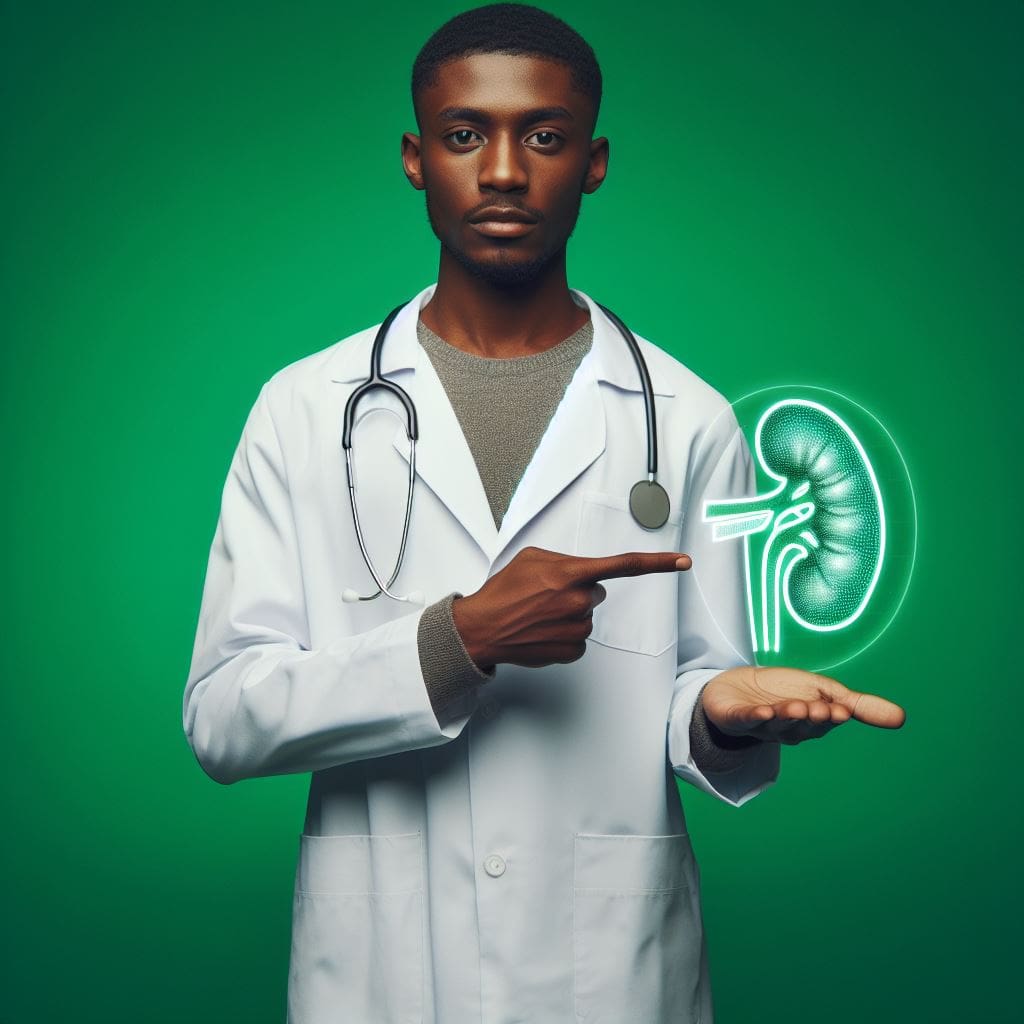
Introduction
Kidneys are bean-shaped organs that play a vital role in filtering waste products from the blood. They also help regulate blood pressure, balance fluids, and produce hormones. When kidneys fail, they can no longer perform these essential functions, leading to a serious and potentially life-threatening condition called kidney failure.
Types of Kidney Failure
There are two main types of kidney failure:
Acute kidney failure (AKF): This is a sudden and rapid loss of kidney function. It can be caused by a variety of factors, such as severe dehydration, infections, and certain medications.Acute kidney failure, also known as acute renal failure or acute kidney injury, is a condition in which the kidneys suddenly stop working, usually within a few hours or days
Chronic kidney disease (CKD): Chronic Kidney Disease (CKD) is a progressive and often silent condition that impairs the kidneys’ ability to function over time. This serious health issue affects millions worldwide, with causes ranging from diabetes and hypertension to autoimmune diseases. CKD develops slowly, with symptoms often not apparent until the disease reaches advanced stages
Symptoms of Kidney Failure
Symptoms of kidney failure can vary depending on the severity of the condition and the underlying cause. Some common symptoms include:
- Fatigue
- Nausea and vomiting
- Loss of appetite
- Weight loss
- Swelling in the legs, ankles, and feet
- Skin rash or itchiness
- Difficulty sleeping
- Muscle cramps
- Changes in urine output
Risk Factors for Kidney Failure
Several factors can increase the risk of developing kidney failure, including:
- Diabetes
- High blood pressure
- Heart disease
- Family history of kidney failure
- Obesity
- Smoking
- Age (risk increases with age)
Complications of Kidney Failure
Kidney failure can lead to a number of serious complications, including:
- Fluid overload: This can lead to swelling in the legs, ankles, and feet, as well as shortness of breath and high blood pressure.
- Electrolyte imbalances: This can cause a variety of symptoms, such as muscle cramps, weakness, and irregular heartbeat.
- Anemia: This is a condition in which the blood does not have enough red blood cells, which can cause fatigue and shortness of breath.
- Bone disease: Bone diseases are conditions that affect the strength and flexibility of bones, leading to health complications. Bones are living tissues that provide a rigid framework, known as the skeleton, which protects soft organs and supports the body.
- Heart disease: Coronary artery disease symptoms may be different for men and women. For instance, men are more likely to have chest pain. Women are more likely to have other symptoms along with chest discomfort, such as shortness of breath, nausea and extreme fatigue
Prevention of Kidney Failure
There are a number of things you can do to help prevent kidney failure, including:
- Control your blood pressure: High blood pressure is one of the leading causes of kidney failure.
- Manage your diabetes: Diabetes can damage the kidneys over time.
- Maintain a healthy weight: Obesity is a risk factor for kidney failure.
- Quit smoking: Smoking can damage the kidneys.
- Eat a healthy diet: A healthy diet can help prevent kidney disease.
- Stay hydrated: Drinking plenty of fluids helps the kidneys flush out waste products.
- Get regular checkups: If you have a risk factor for kidney failure, it is important to get regular checkups to monitor your kidney function.
Early Detection and Treatment
Early detection and treatment of kidney failure can help slow the progression of the disease and prevent complications. If you are at risk for kidney failure, talk to your doctor about getting tested.
It is important to be aware of the risk factors for kidney disease. Diabetes is the leading cause of CKD, followed by high blood pressure. Together, these conditions account for 73% of CKD diagnosis. Other causes of CKD include glomerular disease and polycystic kidney disease
Poly cystic Kidney Disease: it is common among adult Cysts to develop and grow slowly over the years, eventually leading to an increase in kidney size and a decline in kidney function. It can also need kidney enlargement.
Prognosis: prognosis can vary widely. Some individuals may progress to kidney failure, while others may have a slower progression with a milder impact on kidney function
Conclusion
Kidney failure is a serious condition, but it is treatable. Early detection and treatment are key to improving outcomes. By understanding the risk factors for kidney failure, taking steps to prevent the condition, and seeking treatment if you are diagnosed, you can help protect your kidney health and overall well-being.



